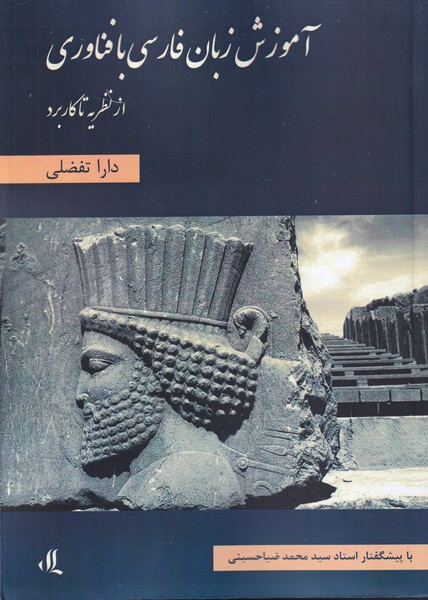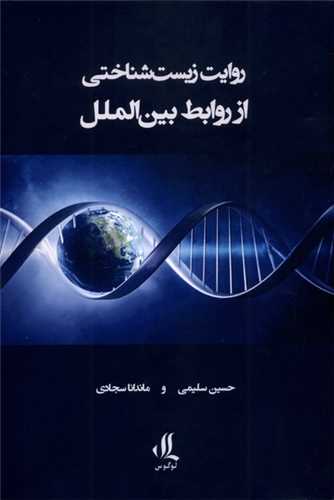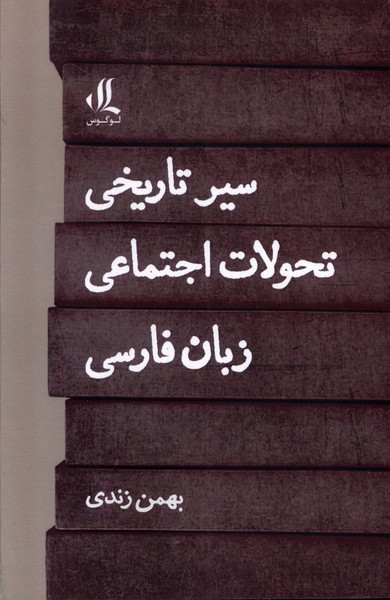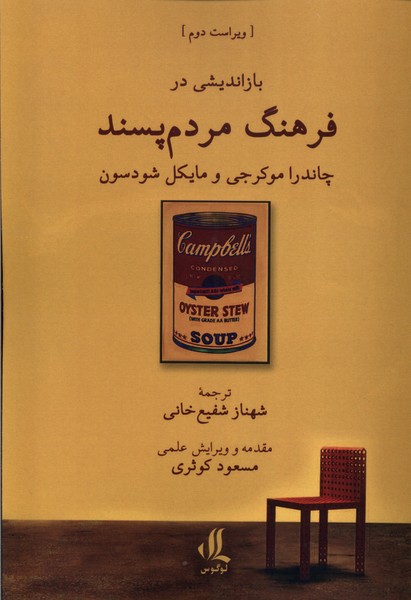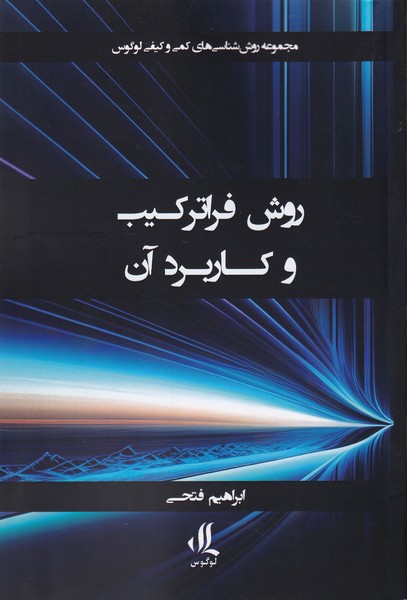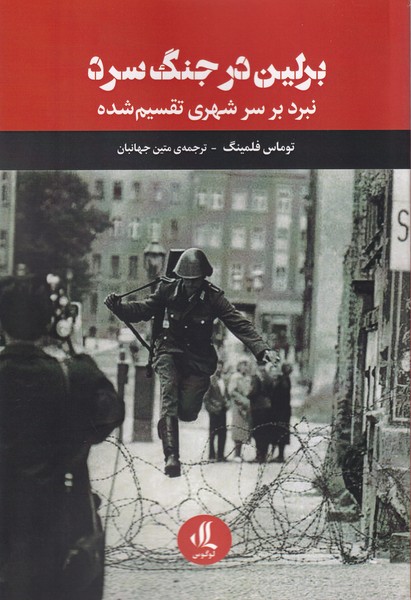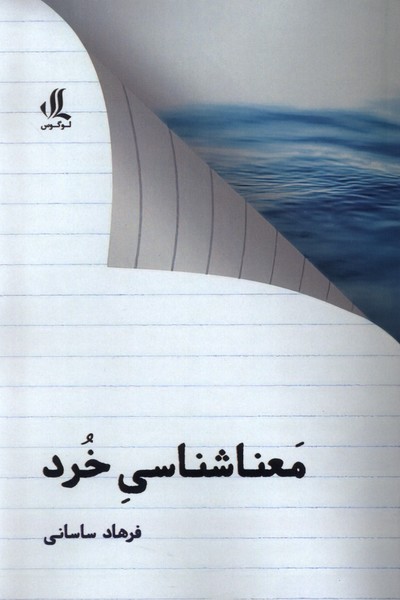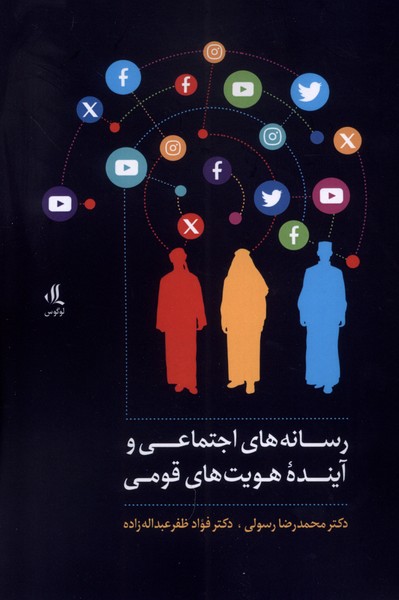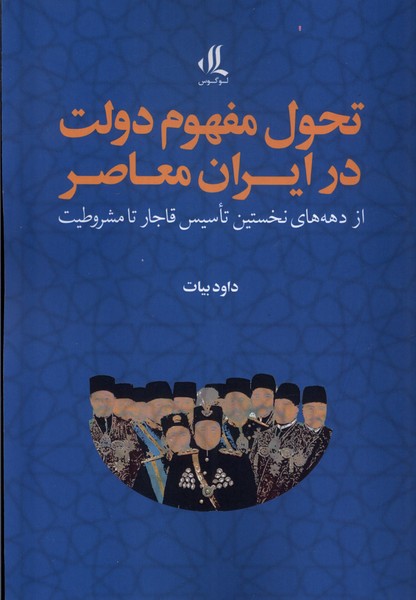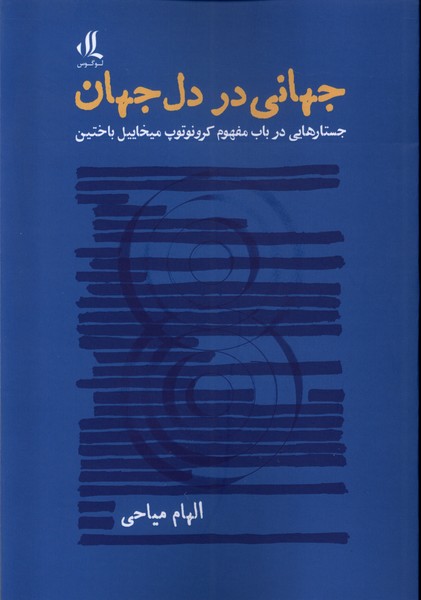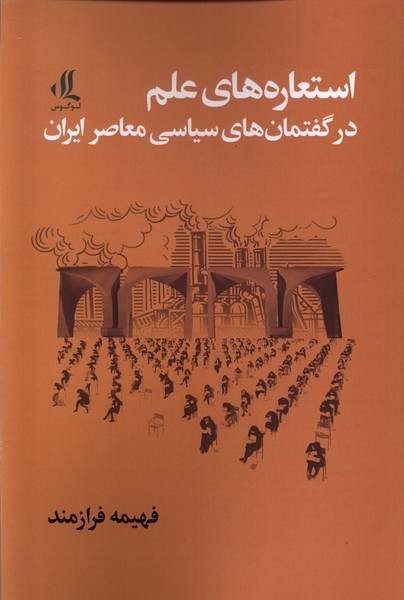Āmūzish-i zabān-i fārsī bā fanāvarī: Persian 1400
آموزش زبان فارسی با فناوری
16.49 £
Share
Wishlist
The book consists of 13 chapters, after the introduction by Professor Zia Hosseini, in the theoretical part, it examines different literacies, concepts and terms, learning theories, knowledge of language teachers in relation to technology-assisted education, and mobile language learning. The second part of the book, with a look at applied research, methods, and criteria of electronic content production in virtual education, education-oriented assessment approach, use of content production software, web quest, augmented reality, reverse education, and brain-based learning, free online public courses and finally education components have been reviewed in absentia. At the end of each chapter, the sources related to each topic are listed, and at the end of the book, a descriptive glossary of the keywords of each chapter and a Persian-English glossary are arranged for more information for the audience.
more
کتاب شامل 13 فصل است که بعد از مقدمۀ استاد ضیاحسینی، در بخش نظری به بررسی سوادهای مختلف، مفاهیم و اصطلاحات، نظریههای یادگیری، دانش معلمان زبان در ارتباط با آموزش به کمک فناوری و همچنین یادگیری سیار زبان میپردازد. در بخش دوم کتاب با نگاهی به پژوهشهای کاربردی، روشها و معیارهای تولید محتوای الکترونیکی در آموزش مجازی، رویکرد سنجش آموزشمحور، استفاده از نرمافزارهای تولید محتوا، وبکوئست، واقعیت افزوده، آموزش معکوس و یادگیری مغزمحور، دورههای همگانی برخط آزاد و در نهایت مولفههای آموزش غیرحضوری بررسی شدهاند. در پایان هر فصل، منابع مرتبط با هر موضوع فهرست شده و در انتهای کتاب واژهنامۀ توصیفی کلیدواژههای هر فصل و واژهنامۀ فارسی انگلیسی برای اطلاعات بیشتر مخاطبان تنظیم شده است.
more

